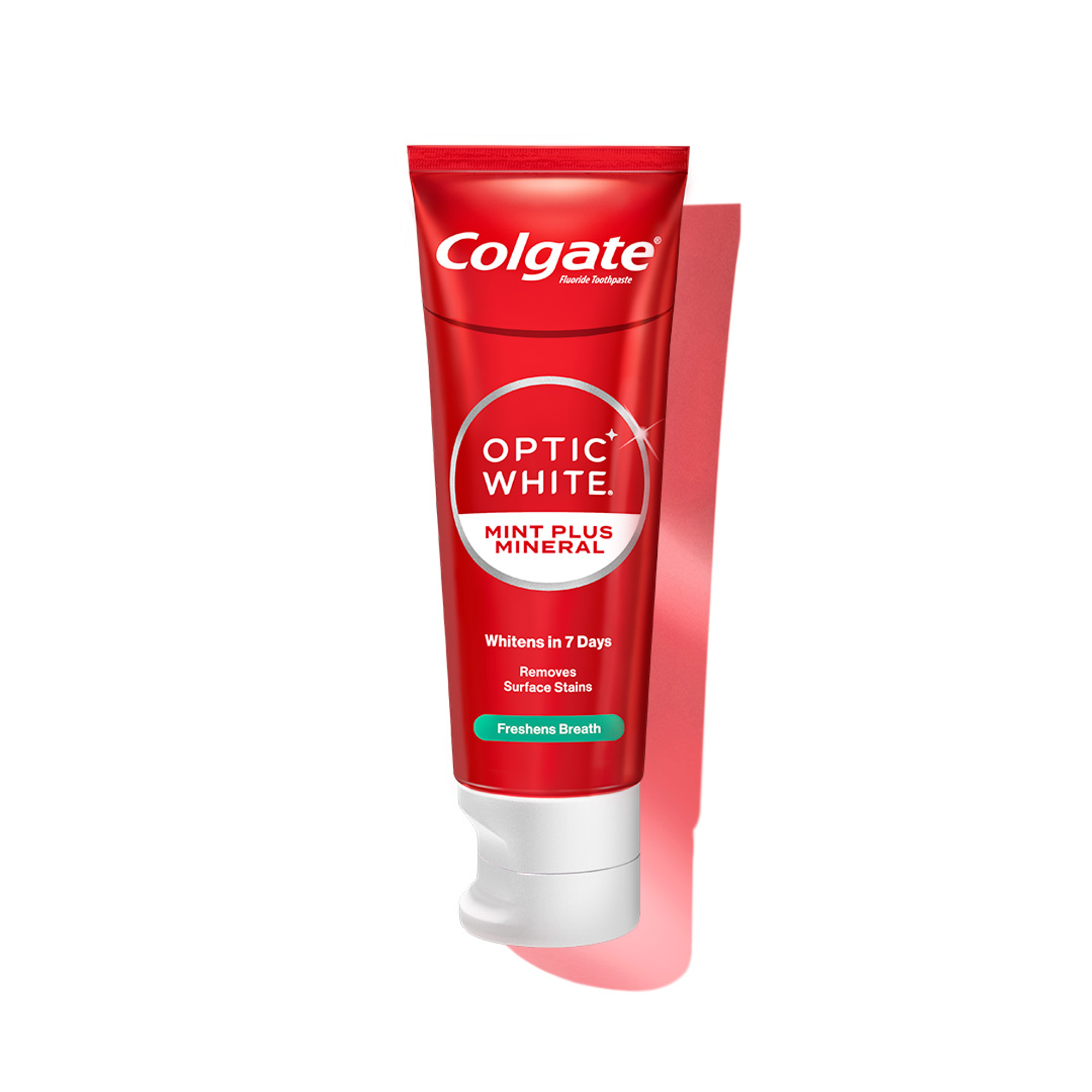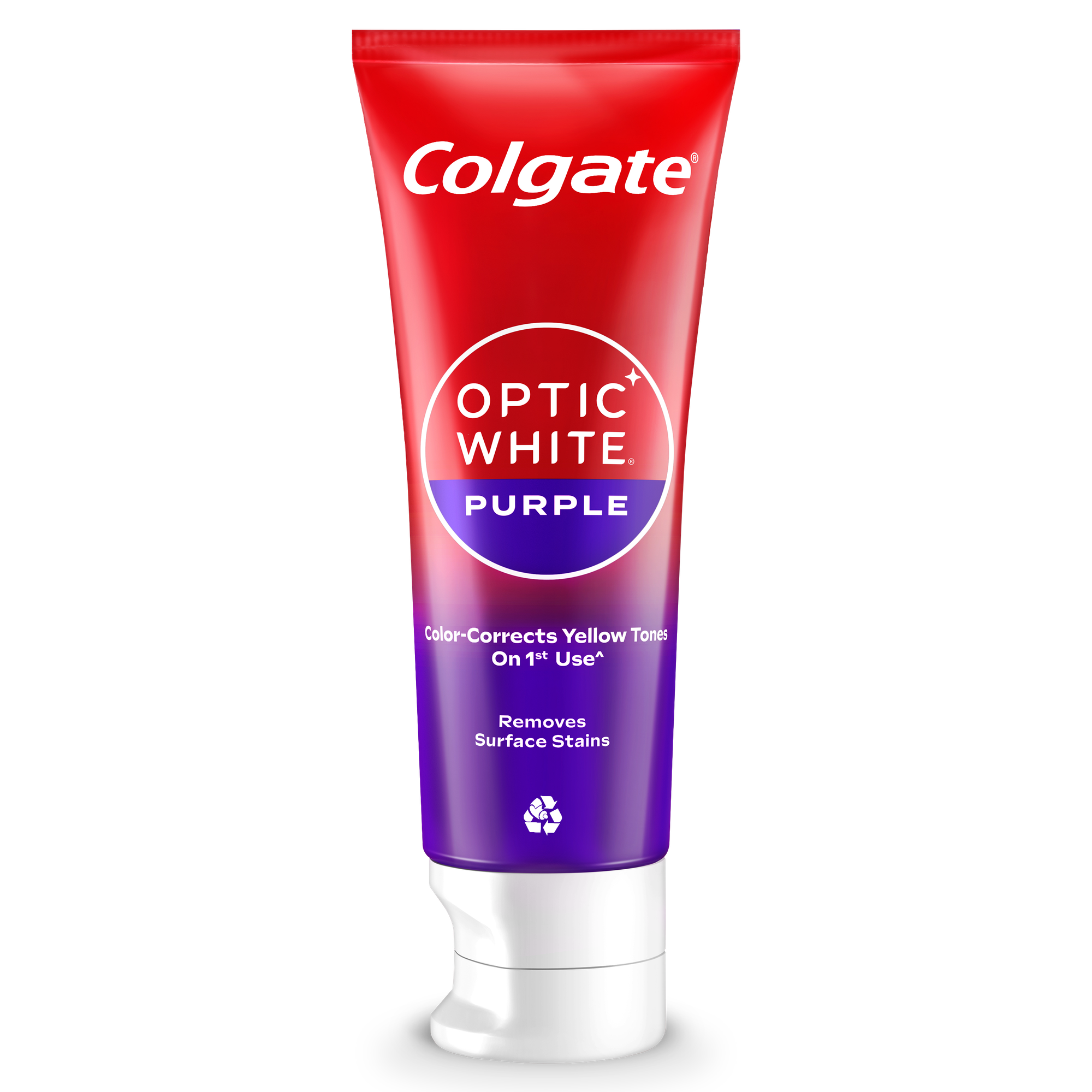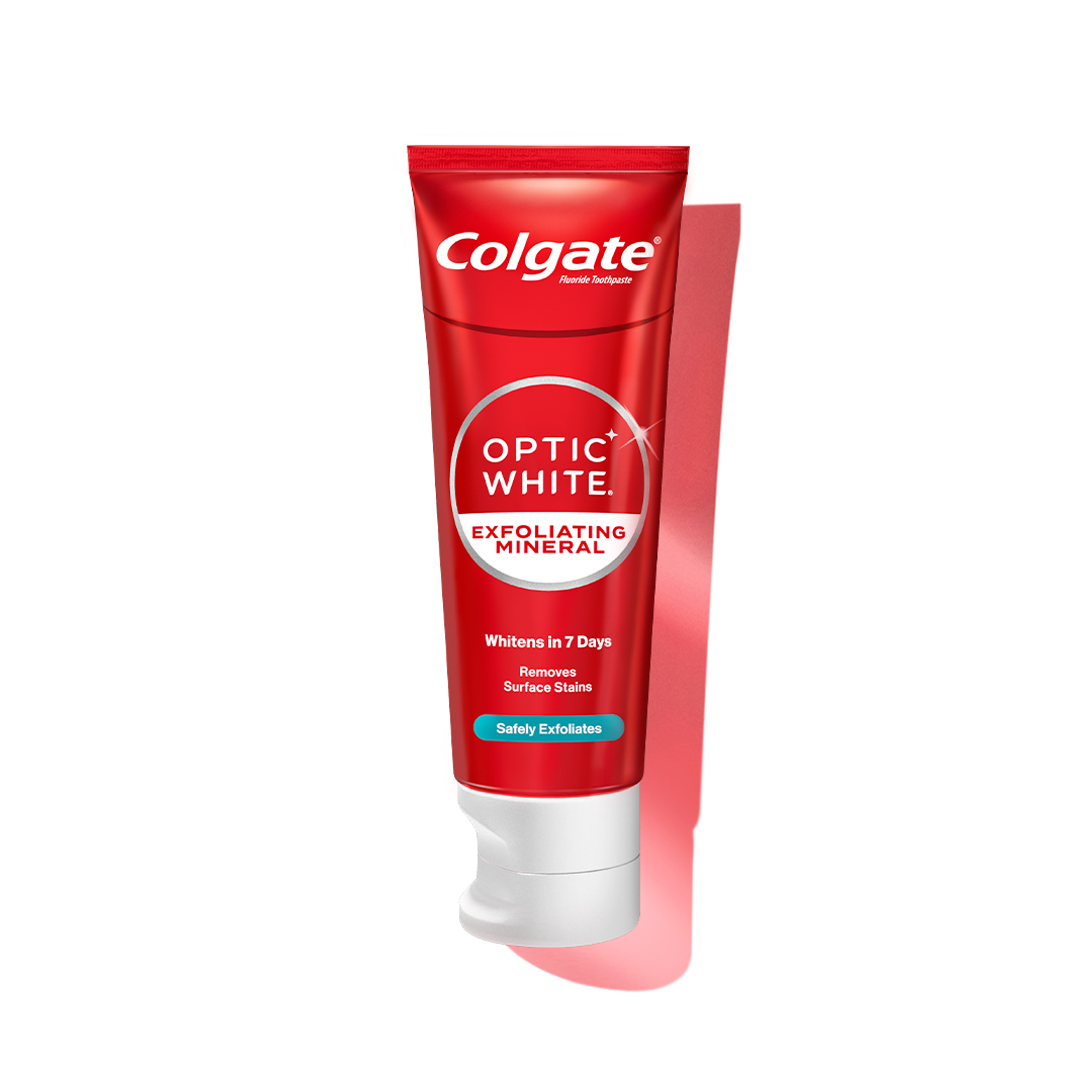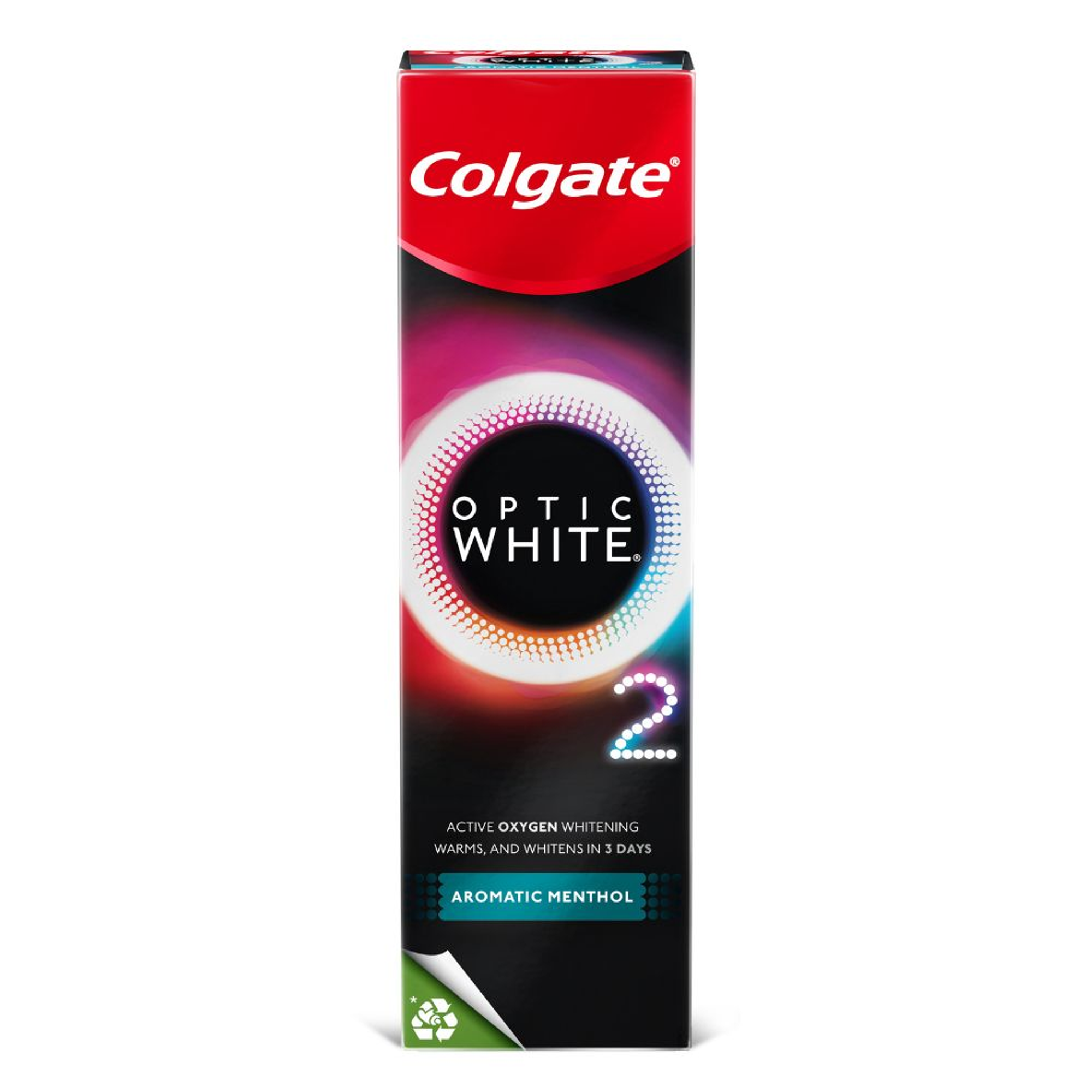What is Teeth Whitening?
Teeth whitening is a way to make the shade of your teeth lighter by removing stains and discolouration. Common causes of tooth discolouration include drinking red wine, coffee, tea, or using tobacco products. These substances leave pigments on your teeth, making them look yellow or brown. The teeth whitening process helps restore your teeth to their natural colour by breaking down both surface and deeper stains.
There are different teeth whitening procedures, including professional dental treatments and at-home options like teeth whitening kits or whitening toothpaste. Some professional options may also involve using veneers to cover intrinsic stains that cannot be whitened through traditional bleaching methods.
How Does Teeth Whitening Work?
Teeth whitening works due to special ingredients that break down stains on the surface and within the tooth. Many professional teeth whitening methods and at-home products contain a whitening agent like hydrogen peroxide or carbamide peroxide, which helps bleach the stains. For professional whitening, stronger bleaching agents are used that can lighten even deeper teeth stains.
If you are wondering how to whiten teeth, an at-home teeth whitening kit can help, as it includes a lower concentration of bleaching gel and can still deliver results over time. On the other hand, professional whitening treatments are stronger and can reach deeper stains by penetrating into the dentin, the layer beneath the enamel. These treatments can be especially effective for intrinsic stains, which occur inside the tooth.
Different Ways to Whiten Your Teeth
There are different ways to whiten teeth, ranging from professional treatments to at-home methods. Choosing the best teeth whitening option depends on how stained your teeth are and how quickly you want results. Below are some of the most common ways to whiten your teeth.
In-Office Whitening
In-office teeth whitening is a professional treatment done by a dentist in a dental clinic. This chairside teeth whitening procedure uses strong bleaching gel, such as hydrogen peroxide, which is applied directly to your teeth. This in-clinic process can whiten teeth by several shades in just one session, but it may require multiple visits depending on the effects of teeth staining. This method may cause teeth sensitivity and gum irritation for some, so it is often recommended to use fluoride toothpaste for tooth sensitivity after the treatment.
Dentists sometimes provide custom-made take-home teeth whitening kits with a lower concentration of the bleaching solution to continue the whitening process at home.
At-Home Whitening
At-home whitening is a popular choice for people who want to whiten their teeth at their own pace. One may wear a set of custom-made whitening trays at home to gain a white smile. Other at-home whitening methods include over-the-counter products like whitening strips, gels, or teeth whitening kits that can be used daily for a gradual whitening effect. While at-home whitening can help with surface stains, it may not be as effective on deeper or intrinsic stains.
For those looking for how to whiten teeth naturally, even though there are several teeth whitening home remedies, using mild, natural whitening solutions and whitening products is considered to be better.
Whitening Toothpastes
Using whitening toothpaste is an easy way to whiten teeth at home. These products contain mild abrasives that gently scrub away surface stains without bleaching the teeth. By selecting a whitening toothpaste that is right for you, you are taking advantage of its special whitening ingredients and keeping your gums and teeth healthy. Whitening toothpastes work best for keeping your teeth white after professional treatments or if you are dealing with light stains.
How to Keep Your Teeth White?
Maintaining the whitening results after a whitening treatment is key to keeping your smile bright. Without proper dental care, your teeth can become stained again. If you are wondering how to have white teeth for a longer time, here are some effective ways to keep your teeth white and improve your overall oral health:
Brush and floss regularly: Good oral hygiene is essential for maintaining whiter teeth. Brushing twice daily and flossing once a day removes food particles, plaque, and bacteria that can lead to gum disease and discolouration. Be sure to use a soft-bristled toothbrush to avoid damaging your enamel.
Avoid staining foods and drinks: Certain foods and beverages, like coffee, tea, and red wine, can stain your teeth over time. If you enjoy these items, try to limit your intake or drink them through a straw to reduce contact with your teeth. Rinsing your mouth with water after consuming these foods can also help prevent stains.
Use a whitening toothpaste: Whitening toothpastes can help maintain the brightness of your teeth by gently removing extrinsic stains. This teeth whitening product is a great option for everyday use to keep your teeth looking whiter for longer.
Quit smoking: Smoking is one of the leading causes of yellow teeth and can quickly undo the effects of whitening treatments. Quitting smoking improves your overall health and helps maintain your whiter smile.
Limit sugary and acidic foods: Intake of sugary and acidic foods can have side effects such as enamel erosion, making your teeth more vulnerable to staining. Reducing your consumption of these foods and drinking water after meals can help protect your tooth enamel and keep your teeth whiter.
Drink plenty of water: Water helps wash away food particles and acids that may otherwise affect the colour of your natural teeth. Staying hydrated also keeps your mouth clean, reducing plaque buildup and bacteria.
Schedule regular dental cleanings: Regular professional cleanings from a dental professional are essential for maintaining white teeth. Dentists can remove tartar and stains, and perform dental procedures to replace fillings that have discoloured over time.
In conclusion, whether you opt for a professional teeth whitening treatment or explore various at-home options, maintaining a bright smile involves a combination of effective methods and good oral hygiene. From knowing about the right whitening gel to understanding different treatment options, it is crucial to consider your specific needs and the types of teeth you have. You may also keep in mind the teeth whitening cost and choose an option that fits your budget while delivering the best results. If you’re interested in learning more about how to get white teeth, we recommend consulting with a dentist for personalised advice.
Frequently Asked Questions
1. What is the best method to whiten teeth?
The best method to whiten teeth depends on your needs and preferences. Professional in-office whitening typically offers the fastest results, while at-home options like whitening kits and toothpaste can be effective for gradual whitening.
2. Is whitening toothpaste good for your teeth?
Yes, whitening toothpaste effectively removes surface stains and helps you maintain a bright smile. However, it should be used as directed to avoid any irritation.
3. Do dentists recommend teeth whitening?
Dentists often recommend teeth whitening if stains cannot be removed with at-home products or if you need quicker, more noticeable results.
4. How can I whiten my teeth fast at home?
If you are wondering how to whiten teeth naturally at home, you may try using whitening toothpaste, over-the-counter whitening strips, or gels, which can provide noticeable results in a short time.














